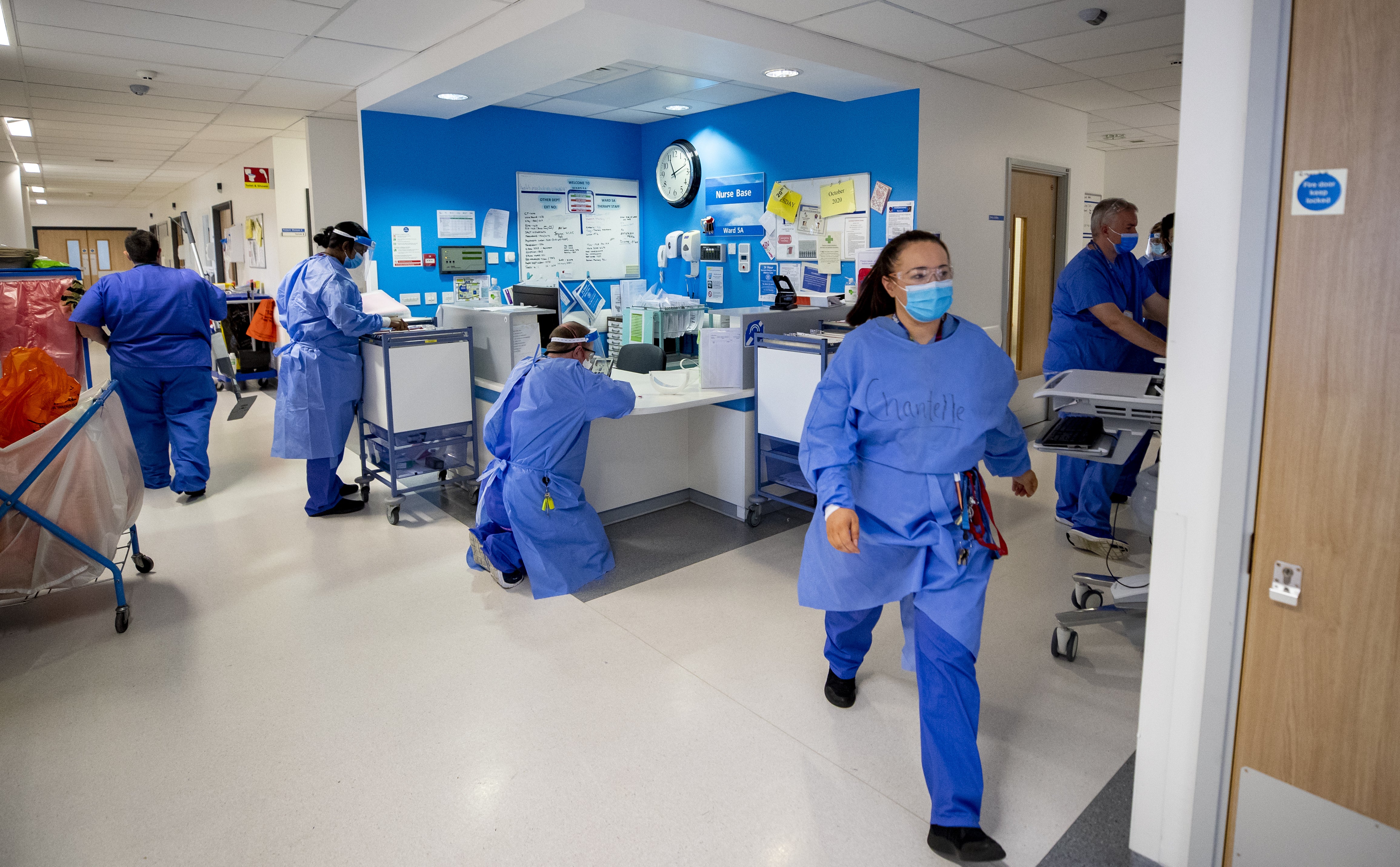Spike in cases of hepatitis in children being investigated
Health officials are pursuing a number of lines of inquiry

Your support helps us to tell the story
From reproductive rights to climate change to Big Tech, The Independent is on the ground when the story is developing. Whether it's investigating the financials of Elon Musk's pro-Trump PAC or producing our latest documentary, 'The A Word', which shines a light on the American women fighting for reproductive rights, we know how important it is to parse out the facts from the messaging.
At such a critical moment in US history, we need reporters on the ground. Your donation allows us to keep sending journalists to speak to both sides of the story.
The Independent is trusted by Americans across the entire political spectrum. And unlike many other quality news outlets, we choose not to lock Americans out of our reporting and analysis with paywalls. We believe quality journalism should be available to everyone, paid for by those who can afford it.
Your support makes all the difference.Health officials are investigating 74 cases of hepatitis among children under the age of 10 across the UK as they urged parents to be alert to the signs of the illness.
All of the youngsters were admitted to hospital where medics picked up the cases.
The UK Health Security Agency said it is examining 49 cases in England, 13 in Scotland and 12 across both Wales and Northern Ireland, all of which have occurred since January.
The UKHSA said that it is investigating a “number” of possible causes behind the spike in cases.
One potential line of inquiry is whether or not a group of viruses called adenoviruses may be causing the illnesses.
Other possible explanations are also being investigated, including whether or not Covid-19 could have played a role in the spate of cases.
But officials stressed that there is “no link” to Covid-19 jabs as none of the children affected have received a Covid-19 vaccine.
Dr Meera Chand, director of clinical and emerging infections at the UKHSA, urged parents to be alert to the signs of hepatitis amid the rise in cases.
She said in a statement: “We are working swiftly with the NHS and public health colleagues in Scotland, Wales and Northern Ireland to investigate a wide range of possible factors which may be causing children to be admitted to hospital with liver inflammation known as hepatitis.
“One of the possible causes that we are investigating is that this is linked to adenovirus infection.
“However, we are thoroughly investigating other potential causes.
“Normal hygiene measures such as good handwashing, including supervising children, and respiratory hygiene, help to reduce the spread of many of the infections that we are investigating.
“We are also calling on parents and guardians, to be alert to the signs of hepatitis, including jaundice, and to contact a healthcare professional if they are concerned.”
Hepatitis symptoms include:
– dark urine.– pale, grey-coloured poo.– itchy skin.– yellowing of the eyes and skin (jaundice).– muscle and joint pain.– a high temperature.– feeling and being sick.– feeling unusually tired all the time.– loss of appetite.– tummy pain.
The UKHSA said that adenoviruses are a family of common viruses that usually cause a range of mild illnesses – including colds, vomiting and diarrhoea – and most people recover without complications.
While they do not typically cause hepatitis, it is a known rare complication of the virus.
Adenoviruses are commonly passed from person to person and by touching contaminated surfaces, as well as through the “respiratory route”, the UKHSA said.
It added that the most effective way to minimise the spread of is to practice good hand and respiratory hygiene and supervise thorough handwashing in younger children.